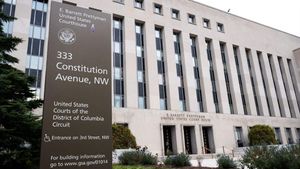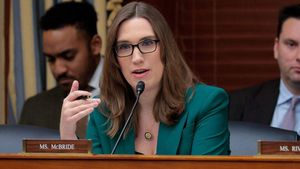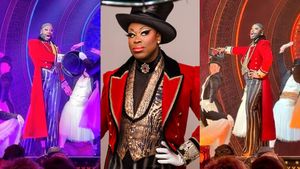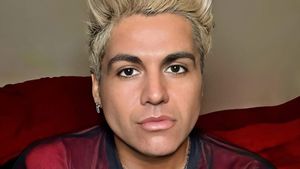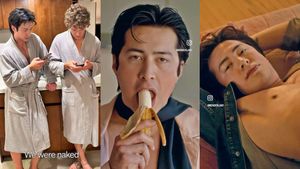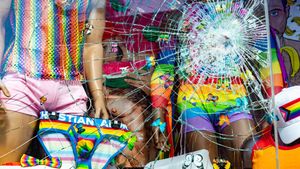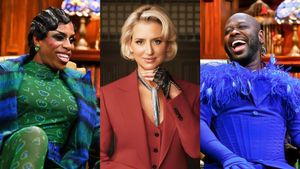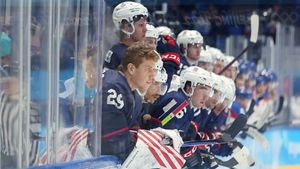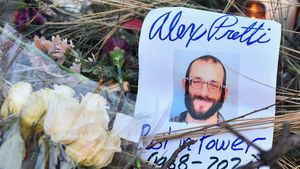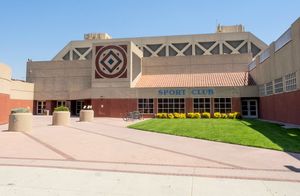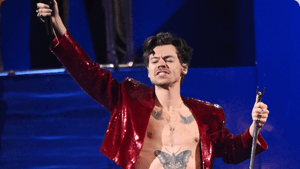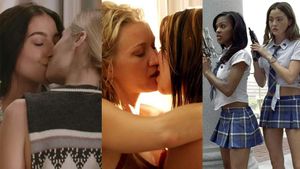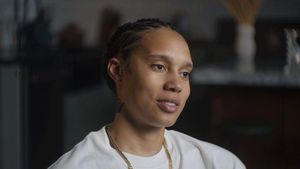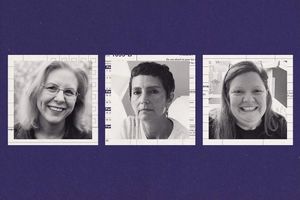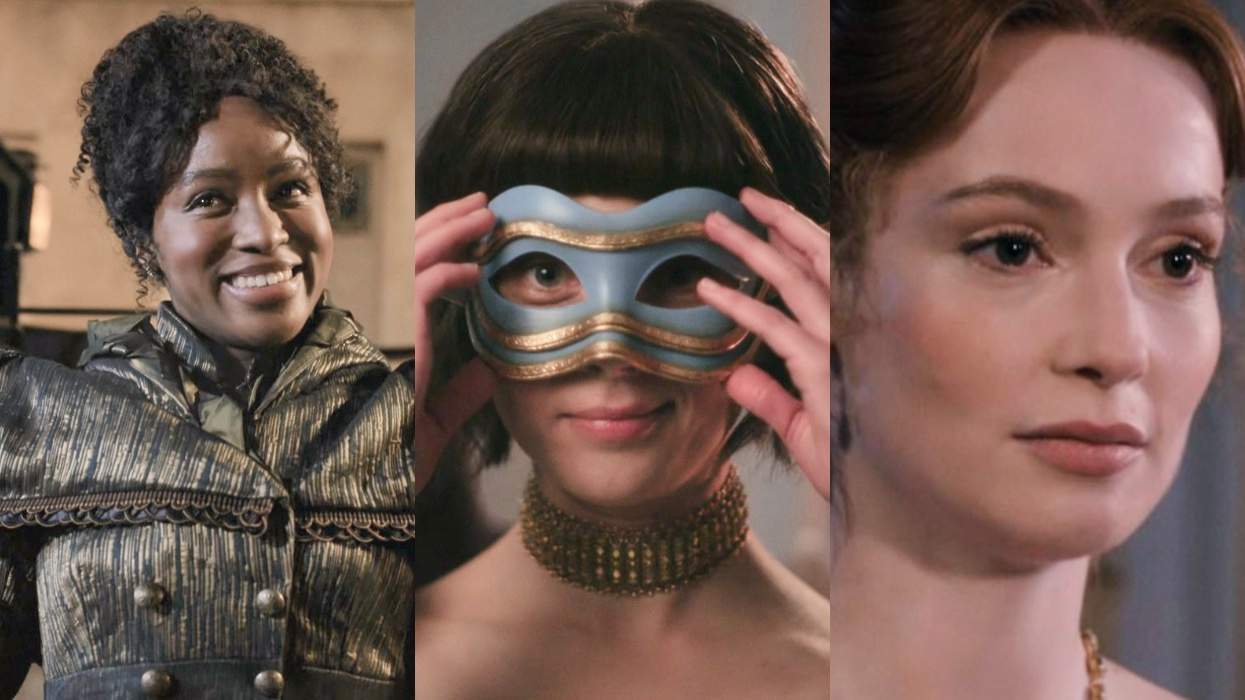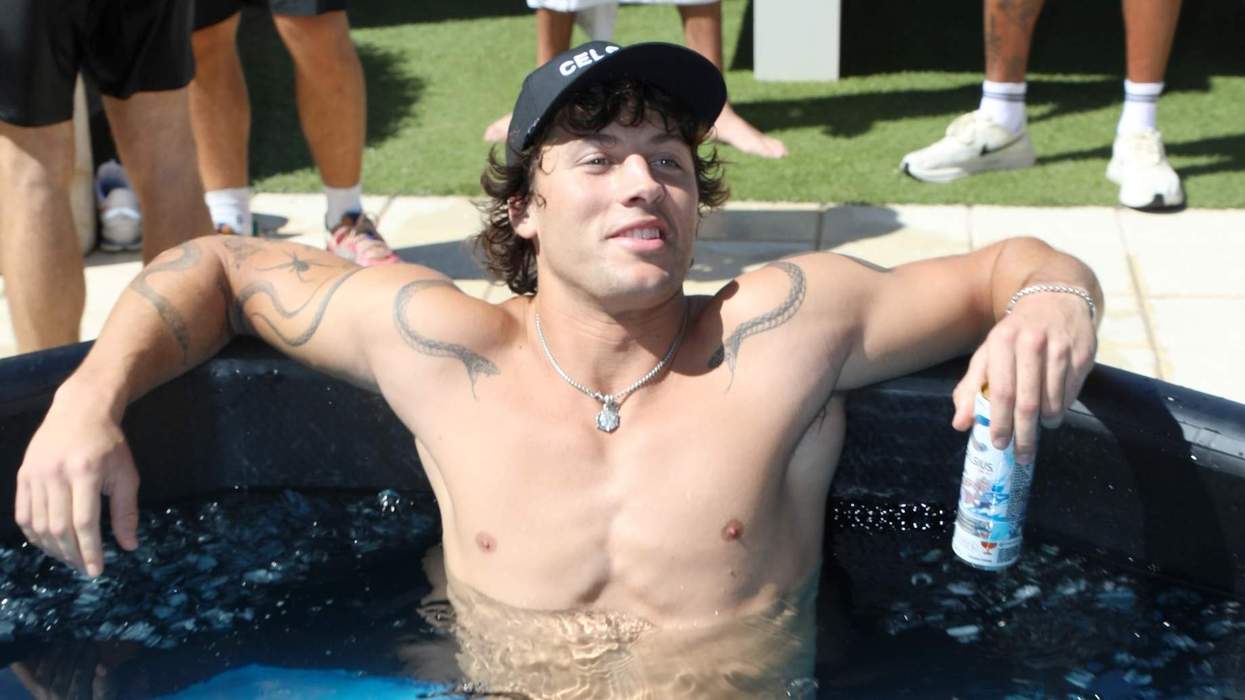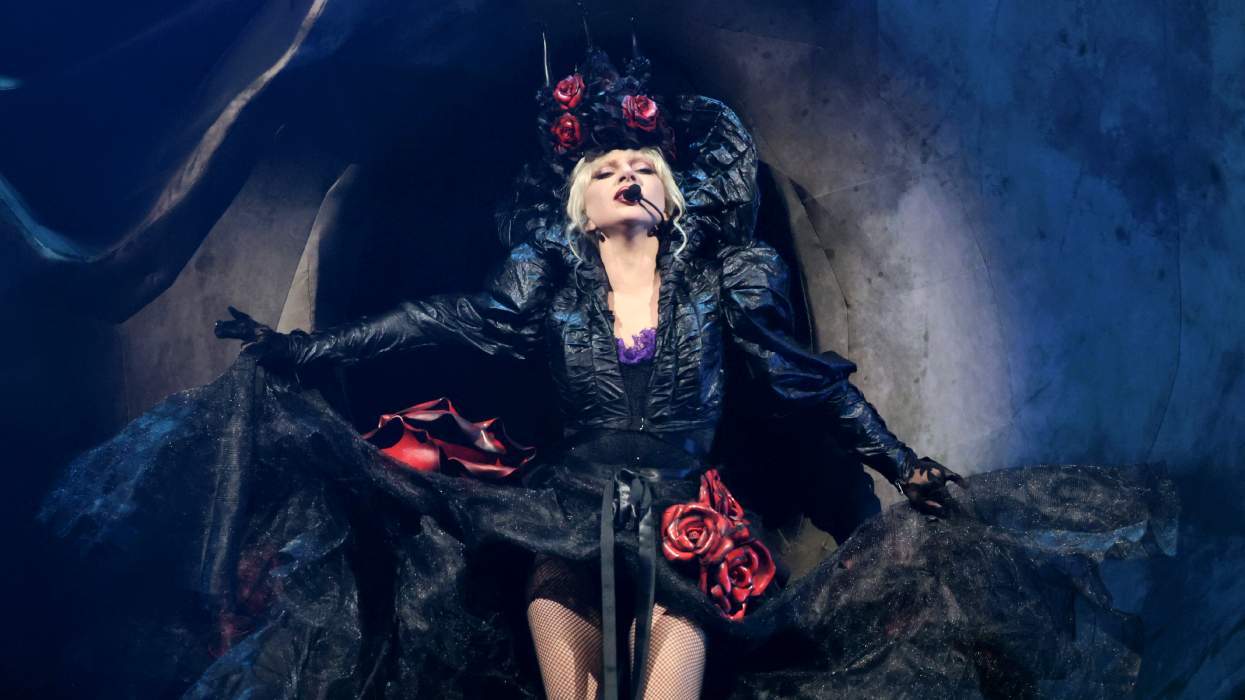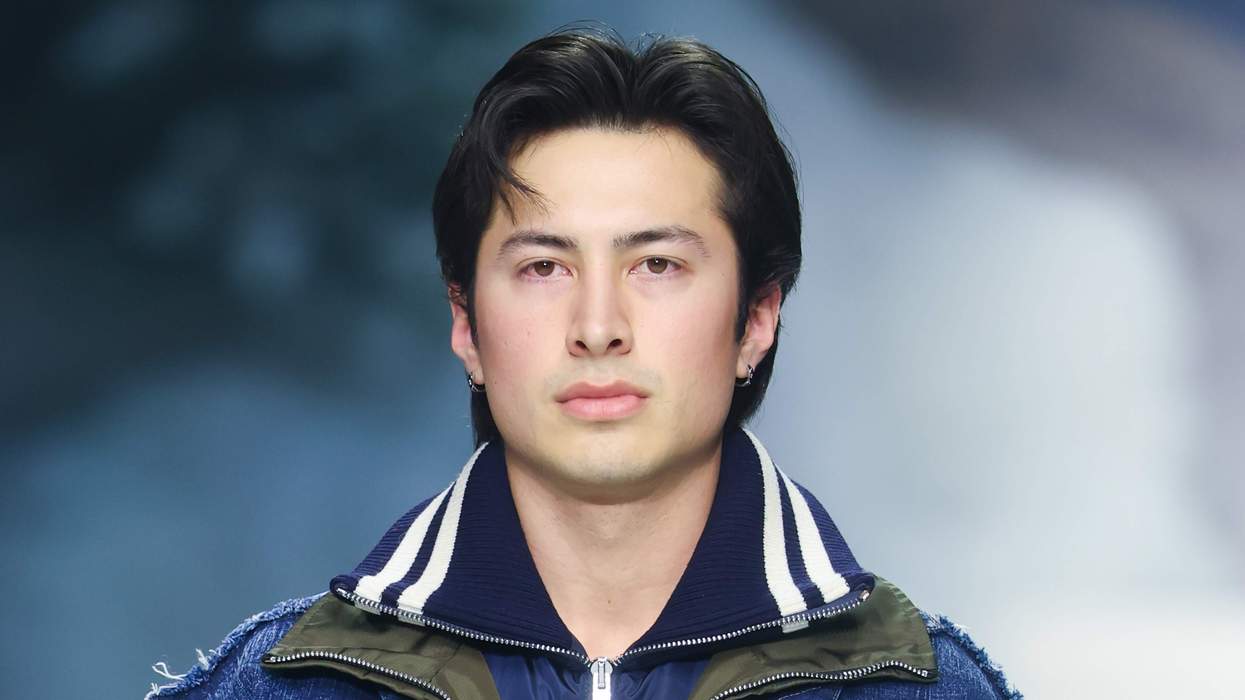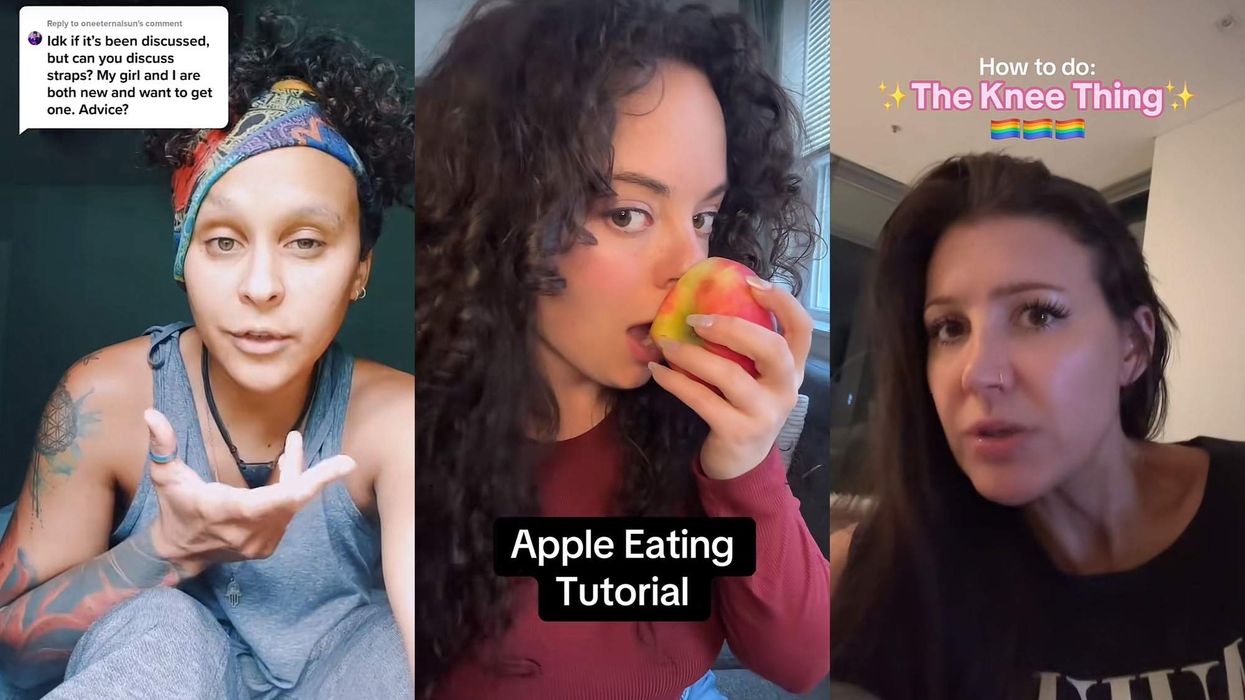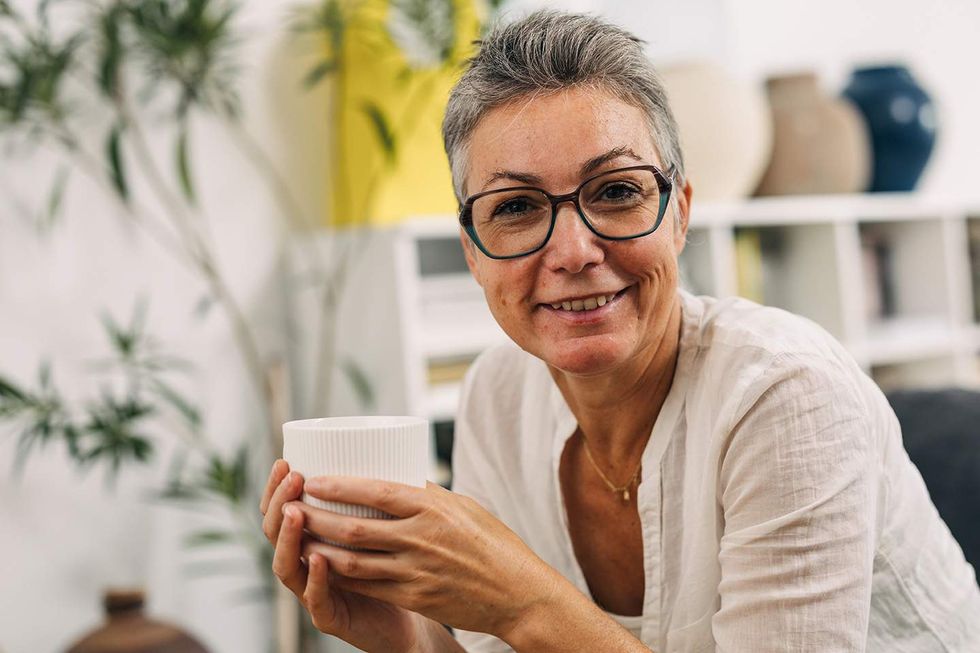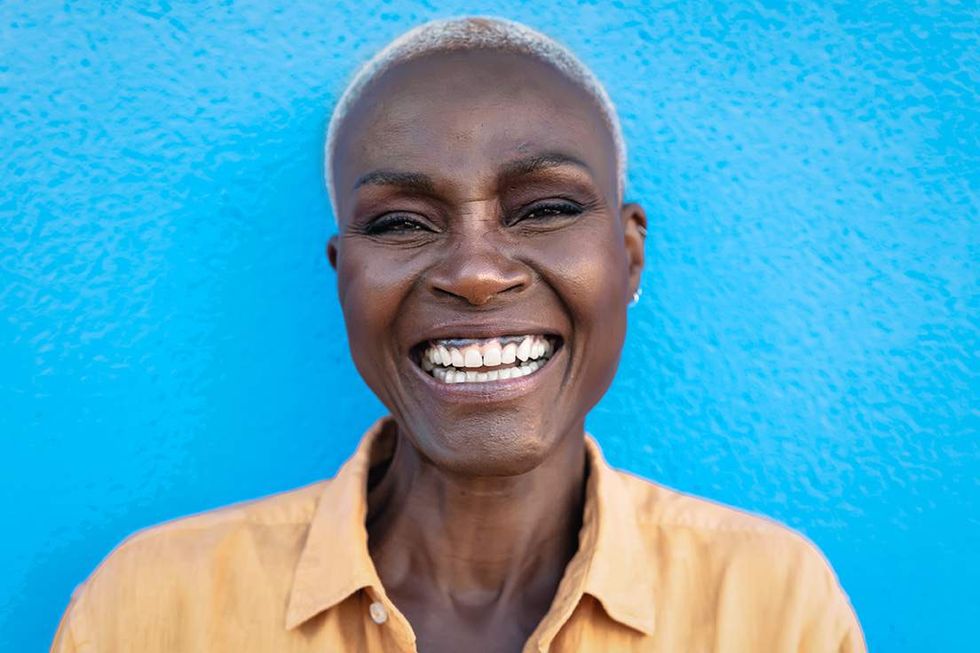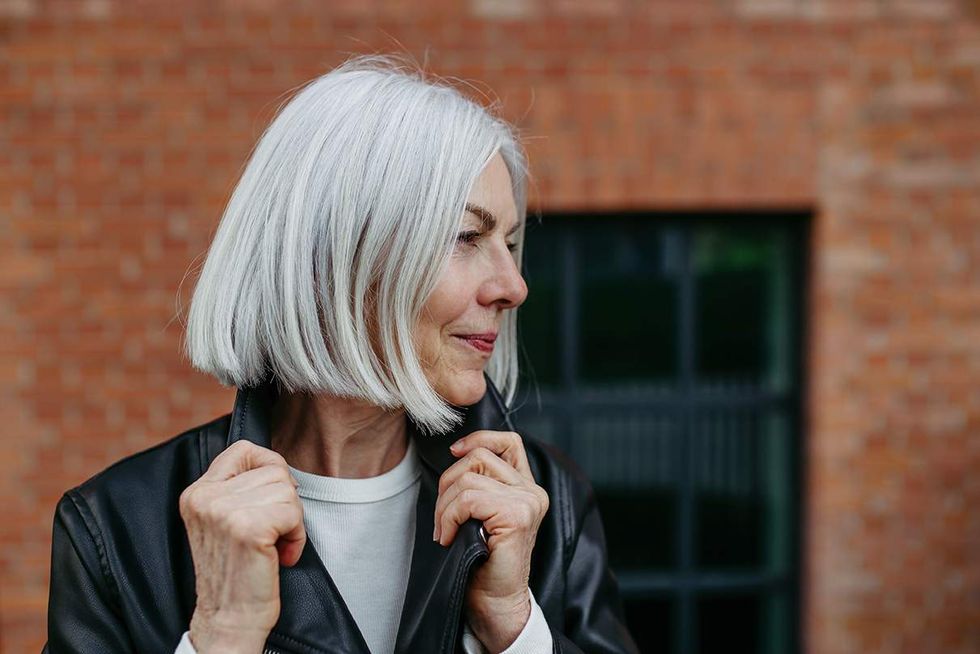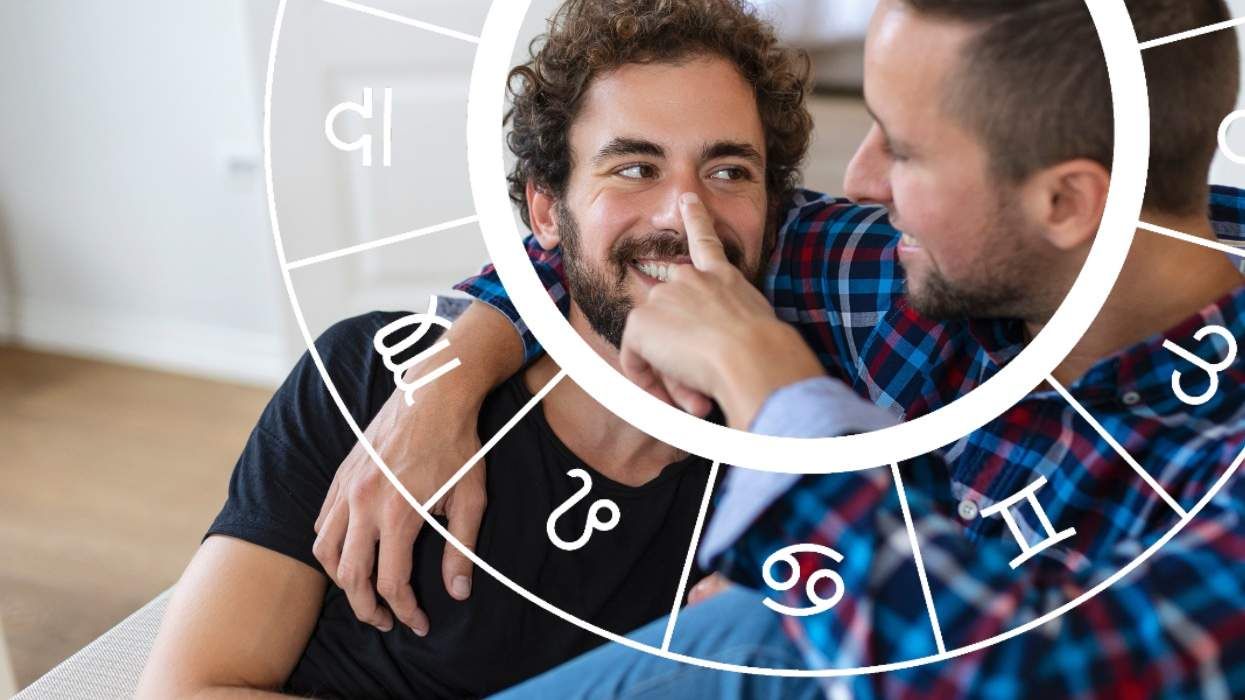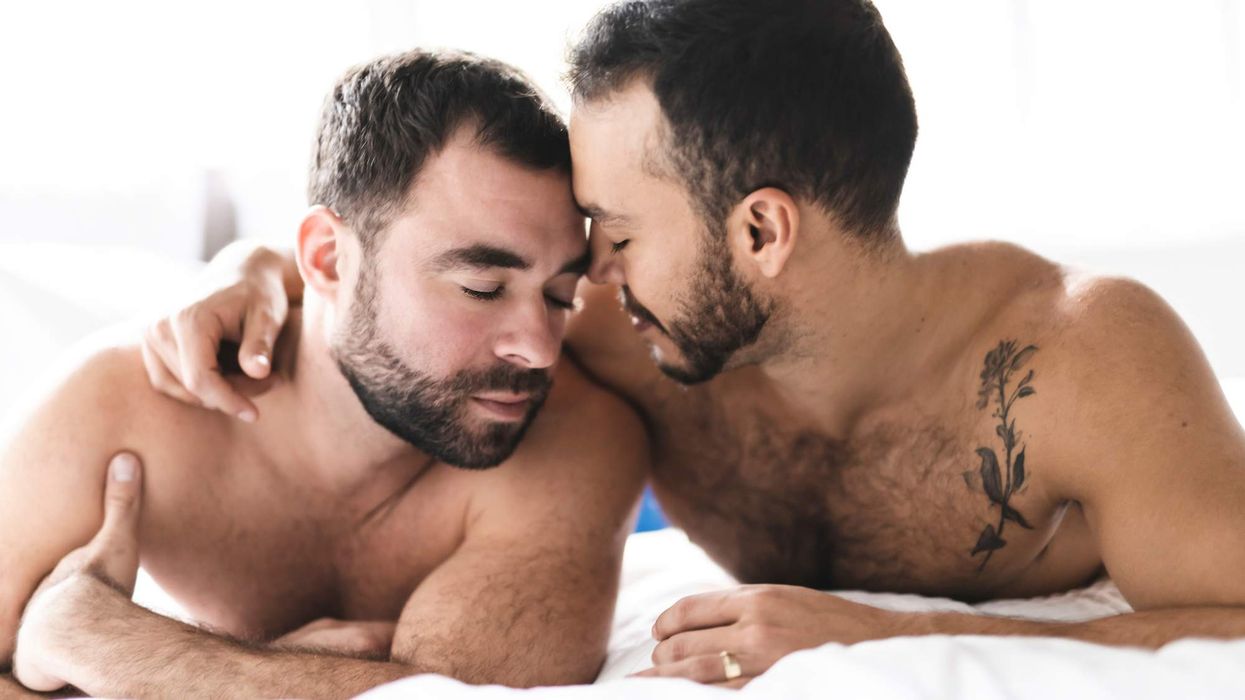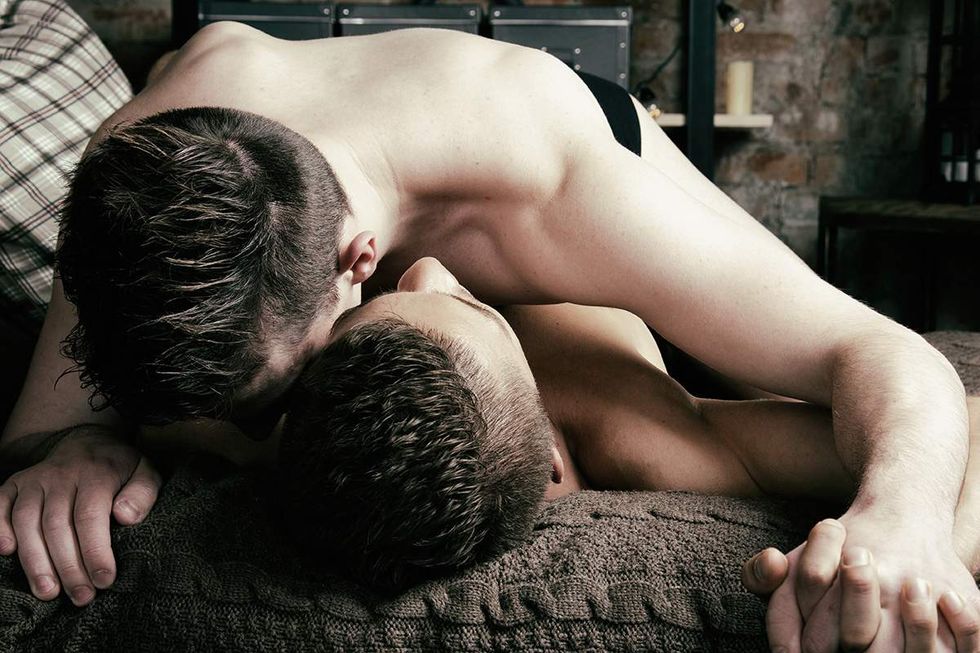After years of being called out for discrimination by Black and POC users, gay dating apps Grindr, Scruff, and Jack'd have pledged to remove the ethnicity filters on their applications as dedications to "fight racism."
In light of worldwide protests calling for justice and change for the Black people who have died at the hands of police brutality, companies and brands are publically doubling down on being anti-racist, donating to good causes, and looking internally to end discriminatory practices from the inside out.
Grindr, the largest gay dating app in the world, released a statement on Monday saying, "We stand in solidarity with the #BlackLivesMatter movement and the hundreds of thousands of queer people of color who log in to our app every day."
"We will continue to fight racism on Grindr, both through dialogue with our community and a zero-tolerance policy for racism and hate speech on our platform. As part of this commitment, and based on your feedback, we have decided to remove the ethnicity filter from our next release."
Ethnicity filters on Grindr allowed users to filter out and edit the profiles that showed up on their phones based on their preferred race.
Scruff and Jack'd quickly followed suit with an announcement of their own that promised to "address racism and unconscious bias across our apps." They're also giving donations to Color of Change and the Marsha P. Johnson Institute.
If you're a person of color using gay dating apps, you've most likely come across profiles with phrases like "No Blacks", "No Asians", or "Latino preferred." Many of us have been called slurs alongside other verbal assaults. And recent studies are showing how these apps are linked to low self-worth and depression among people of color who experience this kind of discrimination.
This goes hand-in-hand with conversations about sexual racism, when internalized biases about a group of people inform an individual's dating preferences. "I'm not racist, it's just a preference" is a common phrase uttered by people attempting to avoid any kind of reflection on their own biases. On the flip side of that, some people use ingrained stereotypes to, for example, group all black men together as hypersexual.
There are Black nerds, athletes, writers, musicians, hippies, tops, bottoms, verses, and so many shades of people who all have wildly different experiences, vibes, and looks. All Black people are not the same, so when someone says they "don't want to date Black people" or expresses disappointment when their BBC fantasy fetish doesn't come true, it proves that they think we are.
But it shouldn't be the responsibility of people of color to break this down for aggressors. While all three of the apps now have zero-tolerance policies and racism doesn't run quite as rampant as it used to, people have been complaining about the obviously-discriminatory ethnicity filter for years. Instead of removing it when people first began calling it out in 2015 and 2016, Grindr just made it a paid feature. It's no wonder POC don't have much faith in their practices.
At least they're trying? In 2018, Grindr launched its Kindr initiative, an inclusive campaign attempting to find solutions for discrimination on the app. According to Out, Kindr fizzled out after the app's editorial team, INTO, disbanded in 2019.
And with the ethnicity filters disabled, many POC are expressing another worry: with them gone, will it expose my profile to racists who can potentially subject me to more abuse? It's hard to say if this will be the case, and it looks like we'll just have to wait and see.
Let's be honest, removing the ethnicity filter is in no way fighting racism. It's doing the bare minimum in disallowing people to openly discriminate.
If these apps want to actively "fight racism" instead of passively, they need to put in the work, share resources, start sexual racism conversations with users, and prioritize the safety of the black and POC users on their apps. The zero-tolerance policies in place are just the start.


